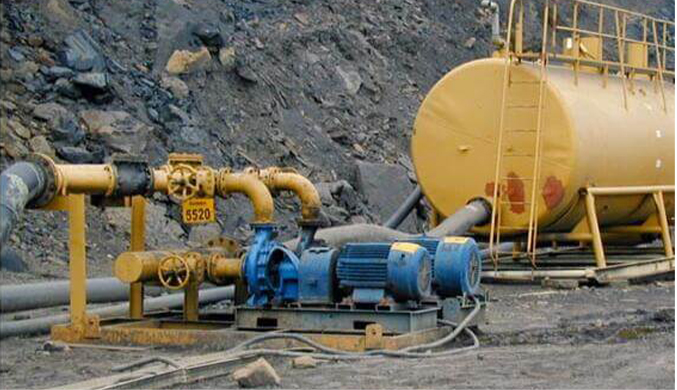English
- Afrikaans
- Albanian
- Amharic
- Arabic
- Armenian
- Azerbaijani
- Basque
- Belarusian
- Bengali
- Bosnian
- Bulgarian
- Catalan
- Cebuano
- Corsican
- Croatian
- Czech
- Danish
- Dutch
- English
- Esperanto
- Estonian
- Finnish
- French
- Frisian
- Galician
- Georgian
- German
- Greek
- Gujarati
- Haitian Creole
- hausa
- hawaiian
- Hebrew
- Hindi
- Miao
- Hungarian
- Icelandic
- igbo
- Indonesian
- irish
- Italian
- Japanese
- Javanese
- Kannada
- kazakh
- Khmer
- Rwandese
- Korean
- Kurdish
- Kyrgyz
- Lao
- Latin
- Latvian
- Lithuanian
- Luxembourgish
- Macedonian
- Malgashi
- Malay
- Malayalam
- Maltese
- Maori
- Marathi
- Mongolian
- Myanmar
- Nepali
- Norwegian
- Norwegian
- Occitan
- Pashto
- Persian
- Polish
- Portuguese
- Punjabi
- Romanian
- Russian
- Samoan
- Scottish Gaelic
- Serbian
- Sesotho
- Shona
- Sindhi
- Sinhala
- Slovak
- Slovenian
- Somali
- Spanish
- Sundanese
- Swahili
- Swedish
- Tagalog
- Tajik
- Tamil
- Tatar
- Telugu
- Thai
- Turkish
- Turkmen
- Ukrainian
- Urdu
- Uighur
- Uzbek
- Vietnamese
- Welsh
- Bantu
- Yiddish
- Yoruba
- Zulu
Telephone: +86 13120555503
Email: frank@cypump.com
Sep . 22, 2024 20:10 Back to list
clean water pump
The Importance of Clean Water Pumps
Access to clean water is one of the most pressing issues facing communities worldwide. According to the World Health Organization, billions of people lack reliable access to safe drinking water, which leads to numerous health problems and economic challenges. Clean water pumps serve as a critical solution to this ongoing crisis, enhancing water supply systems and improving the quality of life for countless individuals.
Clean water pumps are designed to extract ground or surface water and deliver it to homes, schools, and hospitals. These pumps come in various types, including hand pumps, electric pumps, and solar-powered pumps, each suited for different environments and requirements. The choice of pump often depends on the geographical context, availability of resources, and the specific needs of the community it serves.
One of the primary benefits of clean water pumps is their role in promoting public health. Contaminated water is a leading cause of diseases such as cholera, dysentery, and typhoid fever. By providing a reliable source of clean water, these pumps can significantly reduce the incidence of waterborne diseases. For instance, communities that have installed clean water pumps have witnessed a marked decline in illness and mortality rates associated with unsafe drinking water. This improvement leads to healthier populations, allowing individuals to contribute more effectively to their communities and economies.
clean water pump

In addition to health benefits, clean water pumps also support economic development. Access to clean water is essential for agriculture, which is the backbone of many economies, particularly in developing countries. Clean water supports irrigation and sustainable farming practices, leading to better crop yields and increased food security. Furthermore, with reliable access to water, communities can engage in various economic activities, such as small-scale manufacturing or enterprises related to hospitality and tourism, that thrive on having a steady water supply.
Moreover, clean water pumps can empower women and children, who are often responsible for collecting water in many cultures. Traditionally, they must travel long distances to fetch water from unsafe sources, which can take hours each day. With the implementation of clean water pumps in their communities, the time spent collecting water is significantly reduced. This newfound time can be redirected toward education and skill development, thereby enhancing overall community well-being and equality.
Sustainability is another crucial aspect of clean water pumps. Many modern systems use renewable energy sources, such as solar power, to operate their pumps. This not only helps to conserve energy but also reduces operational costs for communities. By integrating technology and sustainable practices, clean water pumps can ensure long-term access to safe water while minimizing environmental impact.
In conclusion, clean water pumps are a vital element in the quest for universal access to safe drinking water. Their benefits extend far beyond just providing water; they enhance public health, stimulate economic growth, empower underserved populations, and promote sustainability. As global efforts continue to address the clean water crisis, investing in clean water pump technology will be essential in building resilient communities and creating a healthier, more equitable world.
-
Horizontal Split Case Pump with GPT-4 Turbo | High Efficiency
NewsAug.01,2025
-
ISG Series Pipeline Pump - Chi Yuan Pumps | High Efficiency, Durable Design
NewsAug.01,2025
-
Advanced Flue Gas Desulfurization Pump with GPT-4 Turbo | Durable & Efficient
NewsJul.31,2025
-
ISG Series Vertical Pipeline Pump - Chi Yuan Pumps | Advanced Hydraulic Design&Durable Construction
NewsJul.31,2025
-
ISG Series Vertical Pipeline Pump - Chi Yuan Pumps | Energy Efficient & Low Noise
NewsJul.31,2025
-
pipeline pump - Chi Yuan Pumps Co., LTD.|High Efficiency&Low Noise
NewsJul.31,2025










